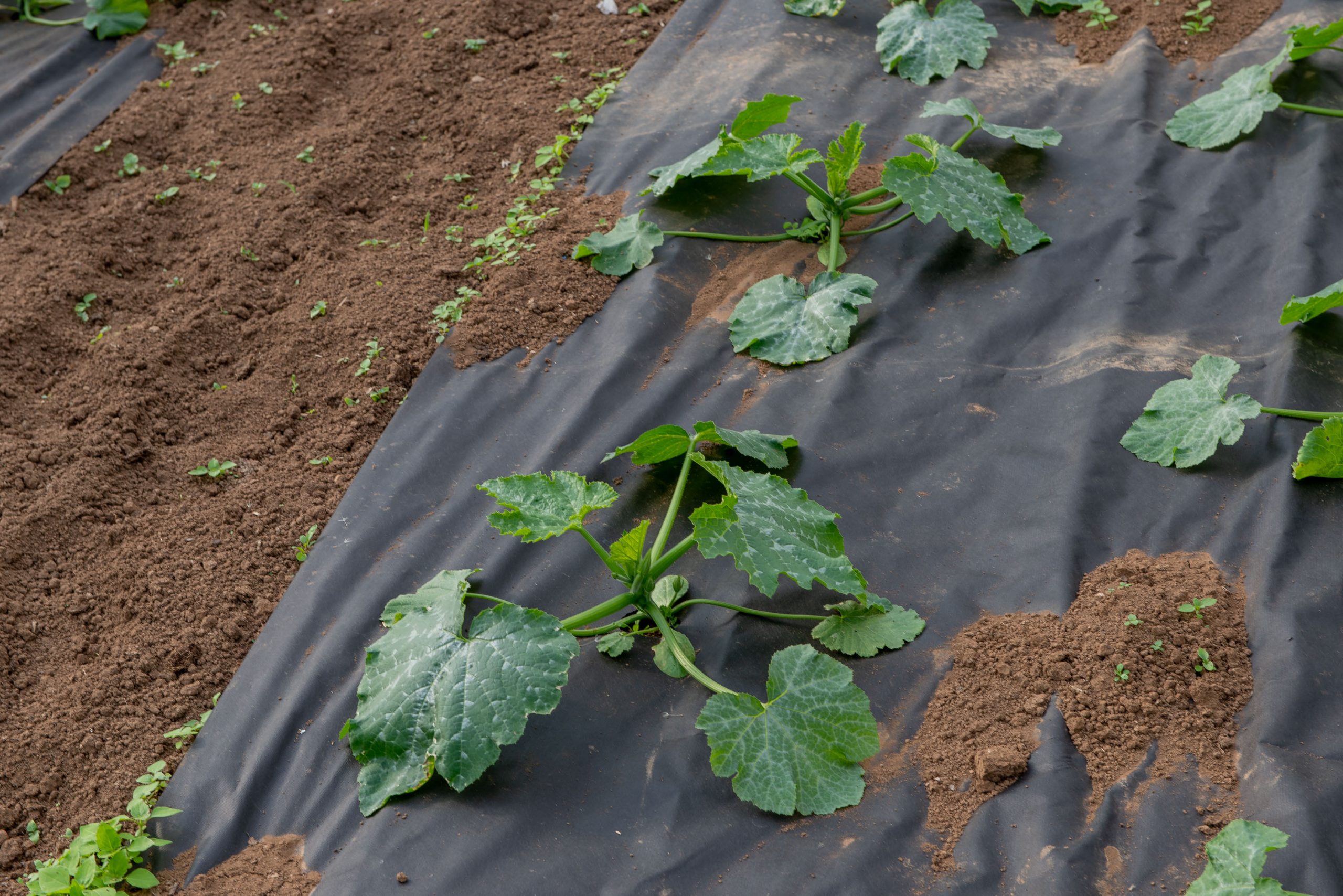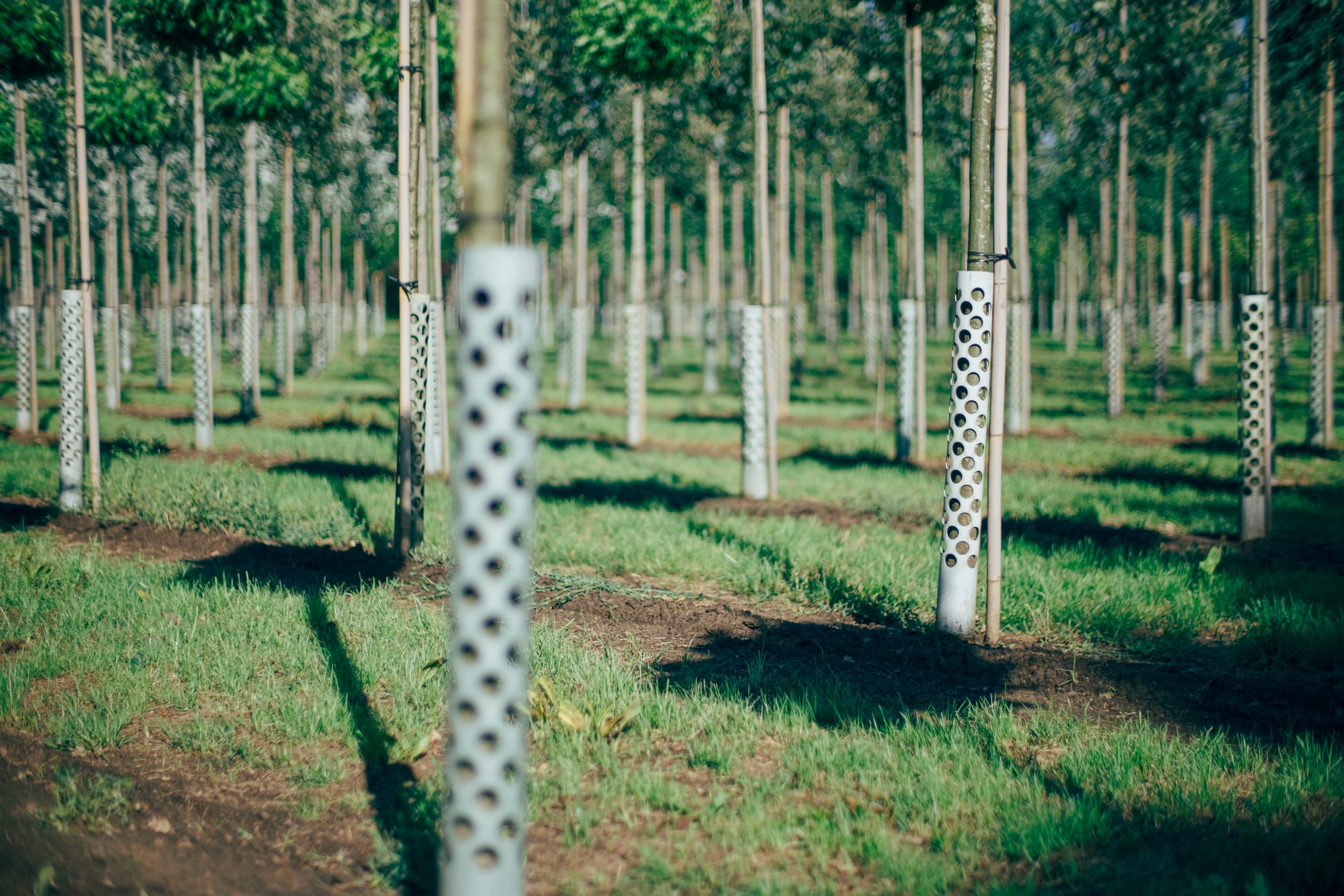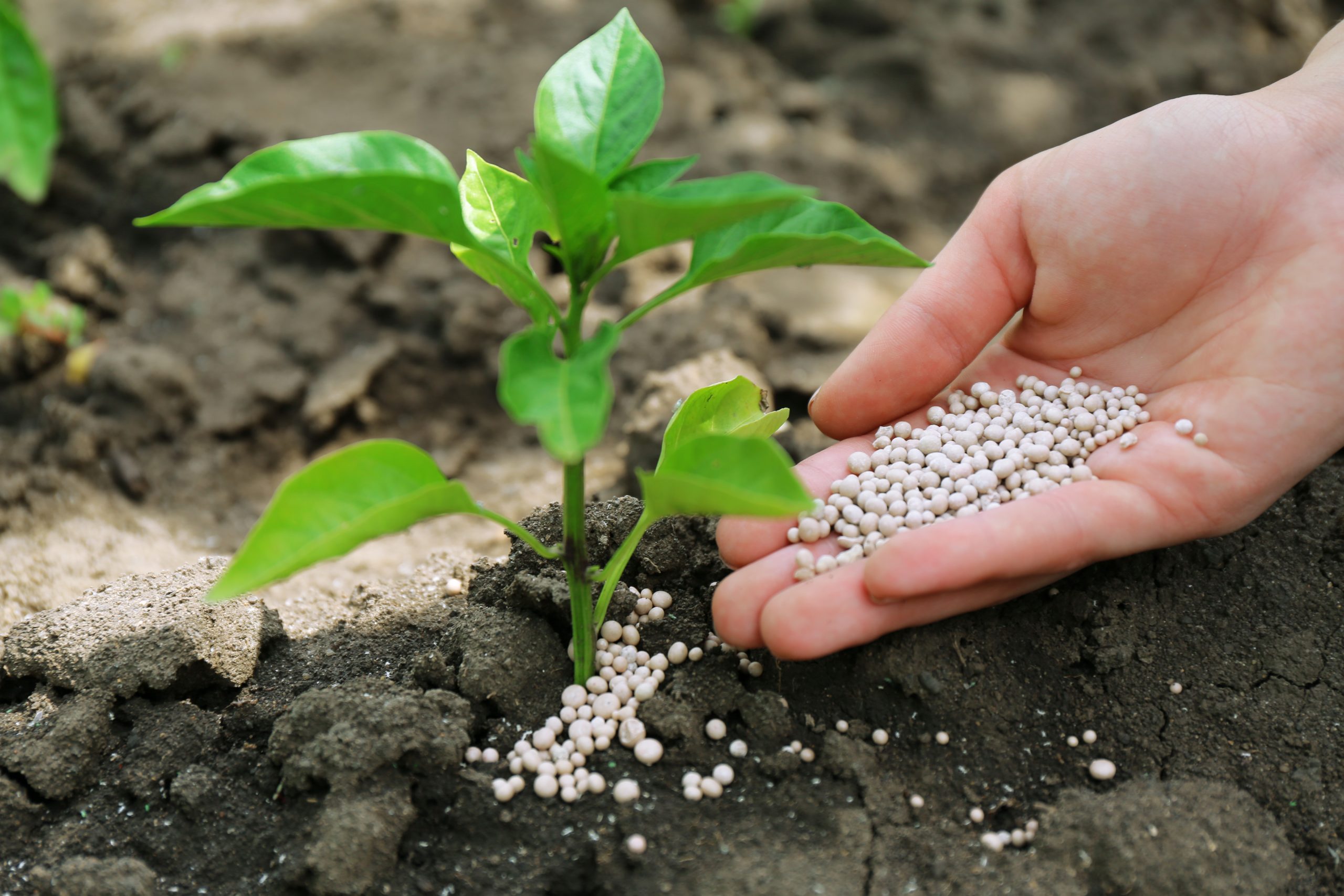INSOIL is an innovation action funded by the European Union and the Bio-based Industries Consortium under the Circular Bio-based Europe Joint Undertaking. Running over 48 months, the project involves 16 partners from 9 European countries (Spain, Italy, Germany, France, Hungary, Sweden, Belgium, Finland, Norway).
Our Objectives
INSOIL aims to replace widespread single-use agricultural plastics with safe, sustainable, bio-based biodegradable solutions by developing, deploying and validating three families of bio-based, in-soil biodegradable agriproducts.
SO1: Produce in-soil biodegradable and bio-based product components (biopolymers, additives, and active bioproducts).
From a range of 2nd/3rd generation feedstocks (industrial and agri-food wastes, microbial biomasses) to develop all components (PHA, additives, active bioproducts) of INSOIL agriproducts. This will enhance resource efficiency by providing high-value products from waste and relying on renewable, low-cost inputs. All feedstocks will be locally sourced. INSOIL will also utilize a digital biodegradation model for formulation optimization.
SO2: Produce and optimize three families of INSOIL agriproducts, adapted to specific regional requirements and crops, resulting in two different versions of each.
INSOIL will develop 6 bio-based, in-soil biodegradable agriproducts (2 versions of mulch films, plant guards and controlled release fertilizers (CRFs) each) in line with the SSbD framework and eco-design principles. The three agriproduct families will replace fossil-based alternatives, reducing plastic pollution and agrochemical use (incorporated active bioproducts). Their programmed complete and safe on-site biodegradation ensures circularity, converting them into soil microbial biomass and biogenic CO2.
SO3: Validate INSOIL agriproduct characteristics, biodegradation rates, and agronomic and soil performance at pilot scale.
INSOIL agriproducts will be assessed for enhanced performance compared to current products. The evaluation will cover technical suitability, agronomic and soil benefit, and safe in-soil biodegradation. Risk of microplastic formation and potential (eco)toxicity on plant, soil and water will also be tested.
SO4: Validate the industrial production and field implementation of INSOIL agriproducts across two regional validation trials.
INSOIL will establish three innovative circular value chains at TRL 7-8 for the three agriproduct families, building on bio-based feedstocks from local suppliers. The final agriproducts will be validated in two real open production sites (Spain and Belgium) to ensure safe biodegradability for different crops, climates, and agricultural practices across the EU.
SO5: Identify and engage relevant stakeholders across the EU to support product development, evaluation and contribute to labelling and standardization recommendations.
INSOIL will engage stakeholders (primary producers, policy, standardization experts, industries) to support agriproduct design, development and evaluation through co-creation activities. Two regional clusters (Spain, Belgium) will involve multi-actor groups, including primary producers (end-users) to ensure INSOIL agriproducts meet their needs. INSOIL will collaborate with EU decision makers to influence in-soil biodegradation product standards and labelling schemes.
SO6: Demonstrate for INSOIL agriproducts increased safety in line with SSbD framework, and positive economic, environmental and social impacts.
INSOIL will develop truly sustainable alternatives to existing agricultural applications. Experts in Safe and Sustainable by Design (SSbD) framework and Social Sciences and Humanities (SSH) will assess INSOIL agriproducts, components, and processes, as matters of risk and safety and regulatory compliance, and economic, social, and environmental sustainability
SO7: Verify regulatory compliance and ensure market uptake and impact of INSOIL agriproducts.
From a range of 2nd/3rd generation feedstocks (industrial and agri-food wastes, microbial biomasses) to develop all components (PHA, additives, active bioproducts) of INSOIL agriproducts. This will enhance resource efficiency by providing high-value products from waste and relying on renewable, low-cost inputs. All feedstocks will be locally sourced. INSOIL will also utilize a digital biodegradation model for formulation optimization.
SO8: Maximize public awareness and visibility among key stakeholders and end users, and communicate to the general public the objectives and achievements of the project.
INSOIL will raise awareness among key target audiences, including primary producers, bio-based industry, policy makers, and citizens, about INSOIL agriproducts, while stressing the benefits of bio-based solutions, driving social acceptance that ensures market demand. This will include policy recommendations to feed into EU strategies, as well as foster collaboration with existing related projects and initiatives to align efforts.
Methodology and Scope of activities
Area 1. Developing and demonstrating bio-based and in-soil biodegradable applications for crop production. Within this area, WP1 will produce in-soil biodegradable and bio-based product components (biopolymers, additives and active bioproducts), using a digital biodegradation model to support product optimization. WP2 will produce and optimize three families of INSOIL agriproducts, adapted to specific regional requirements and crops, resulting in two different versions of each INSOIL agriproduct. The INSOIL agriproducts will then be assessed for their characteristics and biodegradation rates, agronomic and soil performance in WP3 on a pilot scale in the two test regions (Spain, Belgium). Finally, WP4 will validate the industrial production and field implementation of the agriproducts in validation trials in collaboration with primary producers in the two test areas.
Area 2. Co-creation, labelling, and recommendations. Within this area, WP5 will identify and engage relevant stakeholders (primary producers, policy and standardization experts, industries) across the EU, who support product development and evaluation activities, and contribute to labelling and standardization recommendations.
Area 3. Ensuring process and product safety and sustainability. WP6 will demonstrate the increased safety of the INSOIL agriproducts in line with the SSbD framework, as well as their positive economic, environmental and social impacts.
Area 4. Maximizing outreach and market uptake. Within this area, WP 7 will develop and deploy an exploitation strategy in order to verify the regulatory compliance and ensure market uptake and impact of the products. WP8 will maximize public awareness and visibility among key stakeholders and end users, as well as communicate the objectives and project achievements to the general public.
Area 5. Project management activities. WP9 provides an internal management structure to ensure proper implementation, as well as to monitor activities, compliance and ethical considerations.
Applications
The INSOIL project will develop three families of PHA-based, in-soil biodegradable agriproducts to replace widespread single-use agricultural plastics.

Mulch Films
Mulch films aid in weed and pest control as well as soil moisture and temperature conservation, leading to bigger crop yields. As the second largest non-packaging plastic application in agriculture, replacing conventional mulch films with bio-based biodegradable alternatives, holds great potential in reducing plastic pollution.
Plant Guards
Plant guards shield woody seedlings from predators, weed competitors, and strong weather exposure. Once the plant grows, they often become enmeshed with the plant, making removal infeasible. INSOIL plant guards will biodegrade, eliminating the need to remove them. Additionally, safe and bio-derived plant protective products added to the plant guards will enhance their protective properties.


Controlled Release Fertilizers (CRF’s)
CRFs optimize plant nutrition uptake and minimize leaching by delaying the release of the nutrients. However, the thin coating of conventional plastics used to achieve this effect amount to 65% of the intentionally release microplastic in the EU. Replacing CRFs using conventional plastics for bio-based alternatives helps combat this pollution.
